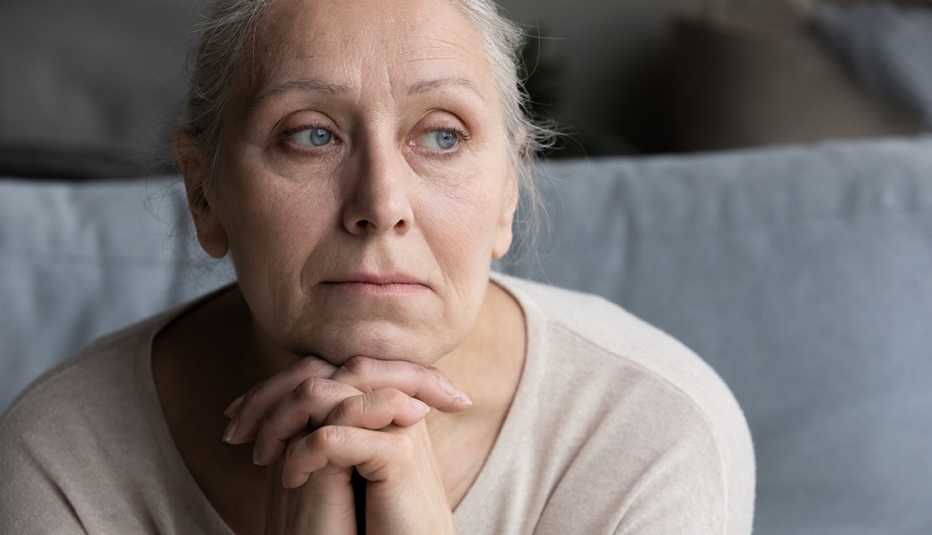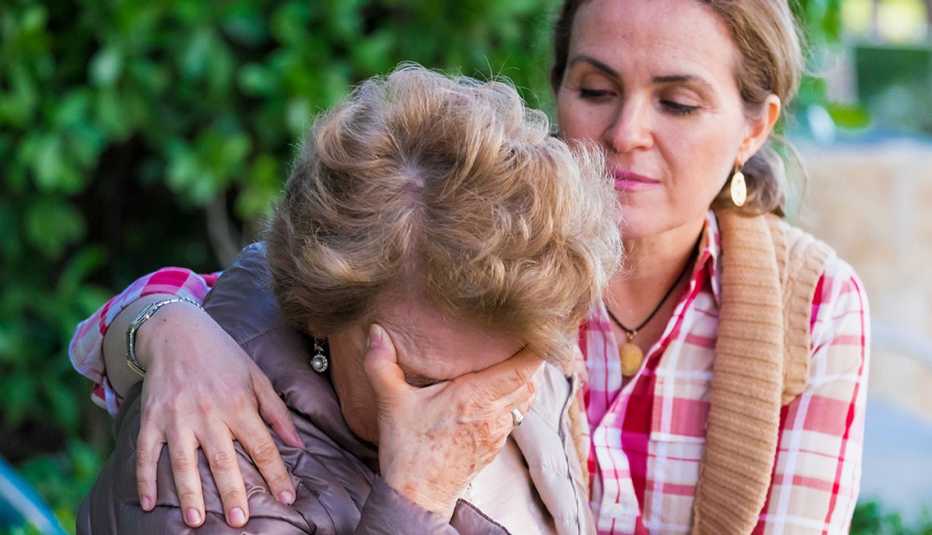AARP Hearing Center
Eight in 10 elderly nursing home residents on Medicare were prescribed psychiatric drugs during a recent nine-year period, a new government report has found. That’s roughly a million residents per year.
The report, released last week by the Department of Health and Human Services’ Office of the Inspector General, suggests that yearslong efforts to tamp down on inappropriate use of psychiatric drugs in U.S. nursing homes are failing.
The drugs, scientifically known as psychotropics, have long been criticized by nursing home resident advocates and lawmakers as “chemical straight jackets” used to sedate unsettled patients, particularly those with dementia. They include antianxiety agents, antidepressants, antipsychotics, anticonvulsants — which are often prescribed to epileptics — and other drugs that affect brain activity associated with mental processes and behavior.
About 80 percent of elderly long-stay Medicare residents nationwide — those age 65 and older and in a nursing home for 101 days or longer — were prescribed some type of psychotropic drug every year from 2011 to 2019, according to the report.
“We are deeply concerned for the residents that continue to face the inappropriate and dangerous use of these drugs,” said Kelly Bagby, vice president of litigation at AARP Foundation, which has sued nursing homes for incorrectly administering psychotropic drugs. “These drugs can have fatal consequences.”
She called the inspector general’s report “vitally important” but said “AARP Foundation is in no way surprised by the results.”
The use of psychotropic drugs in older adults often comes with serious side effects and risks. Antipsychotics, for example, can result in increased risk of mortality in patients treated for dementia-related psychosis. Some anticonvulsant medications can cause potentially life-threatening reactions, including vision loss, liver failure and increased risk of suicide. And antidepressants can make older adults more vulnerable to headaches, gastrointestinal issues, cognitive impairment and increased risk for falls.
A switch in drugs
The study found that the Centers for Medicare & Medicaid Services (CMS), the federal agency that oversees nursing homes, reduced the use of one category of psychotropic drug over the study period: antipsychotics.
A decade ago, following the release of an inspector general’s report that shed light on the overuse of antipsychotics in nursing homes, CMS started collecting data on antipsychotic prescriptions in facilities. A few years later, the agency started incorporating each facility’s use of the drugs into its rating on the Nursing Home Five-Star Quality Rating System. CMS also issued more fines for inappropriate antipsychotic prescribing in nursing homes.








































































